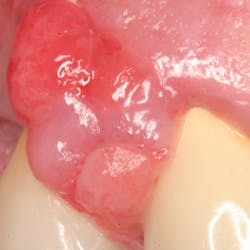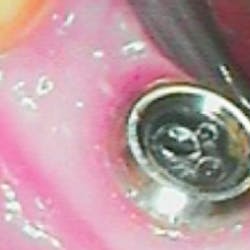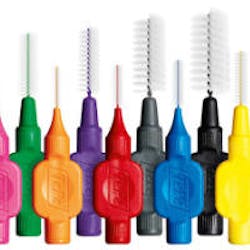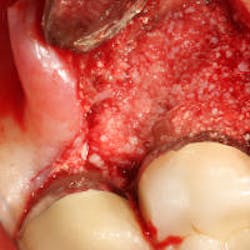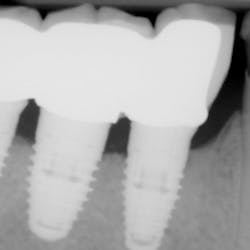By Robert S. Schoor, DDS
The use of antibiotics as a supplement in periodontal disease management is a much-abused prescription. Clinicians prescribe antibiotics as a common practice for the entire range of periodontal therapies despite justified criticism of the practice as promiscuous, anecdotal, and contrary to the scientific literature, unless host impairment or systemic infections require its use.
The WHO reports increasing pathology associated with antibiotic administration, and the medical leadership has concerns about induced bacterial resistance, systemic illnesses, and drug interactions that can be life-threatening. There are reports of new allergic reactions to the penicillins, increased potential for colitis, vaginitis, dermal reactions to sunlight, altered gastrointestinal flora, and adverse interactions with birth control medications. The ADA, in publishing the most recent advisory on the prophylactic administration of antibiotics, reduced the indications for its use, because the side effects can be more pronounced than the perceived benefits.
In a retrospective review of the periodontal literature, surgery with antibiotic supplementation demonstrated therapeutic outcomes comparable to surgery without prophylactic antibiotic coverage. A multicenter review of antibiotic prescriptions in the United States military by Powell and Mealey demonstrated equivocal outcomes throughout a broad range of periodontal surgeries. A multicenter V.A. review demonstrated similar equivocal outcomes, with a conclusion that if administered, antibiotics would show clinical relevance only if administered at the time of surgery, and the advantage would be statistically small.
Plaque is the prime etiology for inflammatory periodontal diseases, yet plaque as a biofilm is a complex myriad of bacteria with an enormous diversity in ecology, virulence, and pathogenesis. The clinical concept that an antibiotic can improve wound healing, destroy all pathologic bacteria upon administration, and affect outcomes is naïve given the impact of bacterial complexity and their resistance or susceptibility to antimicrobial management. Mechanical therapy — whether designed nonsurgically by subgingival debridement or surgically by open decontamination of the root — removes more biofilms than chemotherapy, and produces a healing response in ASA 1 patients that is productive and dramatic.
Reduction of inflammation in ASA 1 patients with mechanical debridement and adequate home care alone is so predictable that untoward wound healing should be considered the first and only requirement for further testing for host response and immune competency.
A scientific discussion of bacterial testing will reveal difficulties in procuring bacterial samples, avoiding contamination, drawing accurate conclusions from culture and sensitivity results, and finding laboratories that provide the testing services nationally. Laboratories performing this bacterial testing for oral flora at Temple University, Columbia University, Medical College of Pennsylvania, The University of Pennsylvania, and Emory University have ceased operations.
For ASA 2 patients in a dental setting, antibiotic supplementation has clinical relevance. There are no issued protocols for prescribing specific antibiotics for specific surgeries whether systemically administered or in situ placement; however, in my institution, the faculty recommend amoxicillin, Keflex, clindomycin, and Zithromycin anecdotally in lieu of bacterial testing. Dosages and regimens are as suggested by texts on drug management.
Author bio
Robert S. Schoor, DDS, is an associate professor and director of the Advanced Education Program in Periodontics at New York University. He is also a consultant at Manhattan V.A. Periodontics. Dr. Schoor is past chair of the American Board of Periodontology and past president of the American Academy of Periodontology. He practices periodontics in New York, N.Y.
Latest in Hygiene Techniques
Latest in Hygiene Techniques


